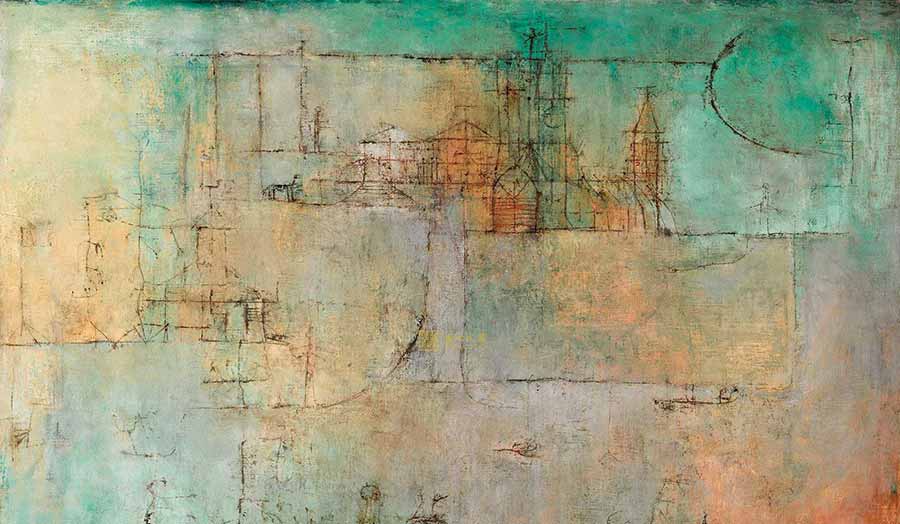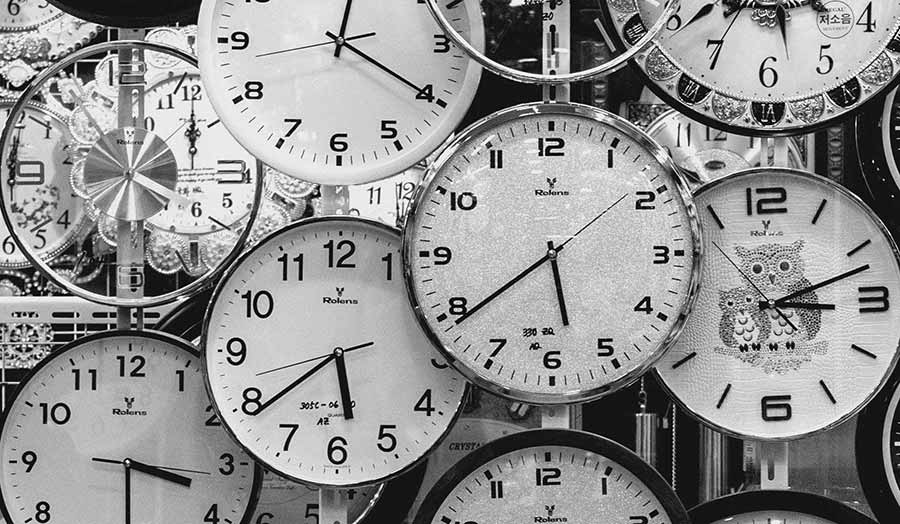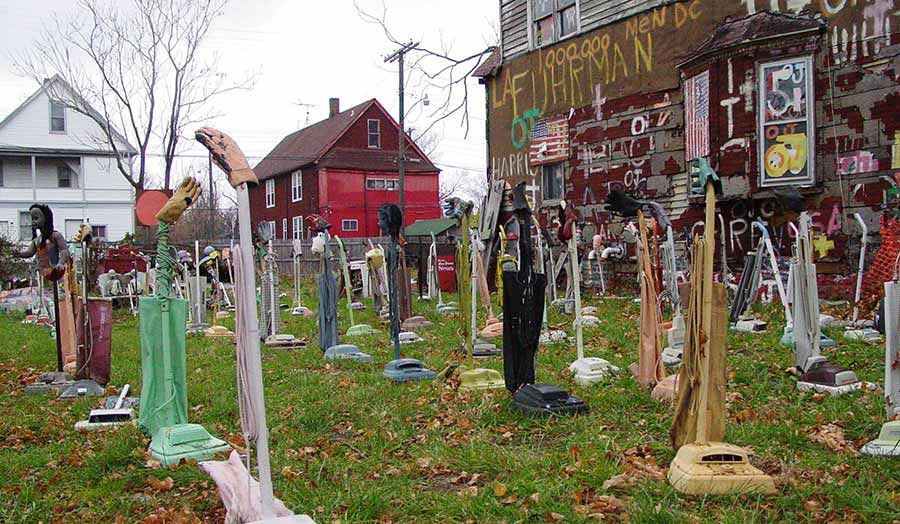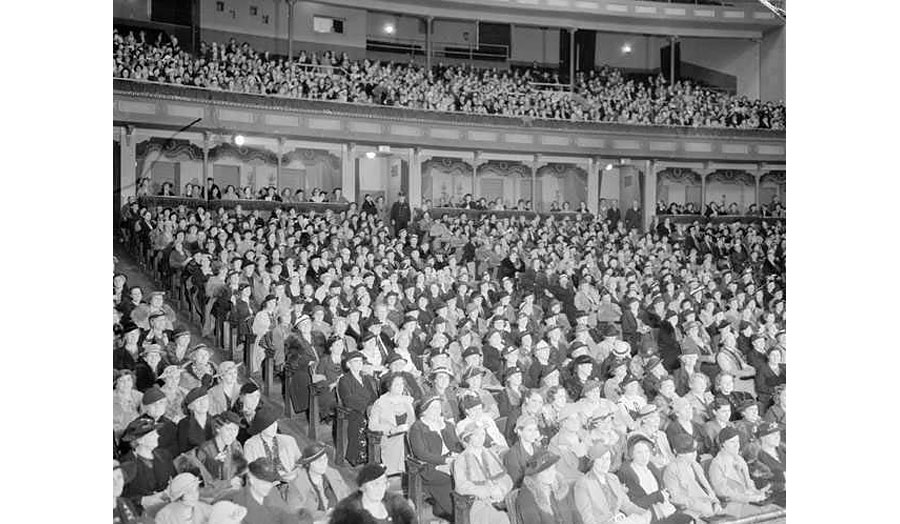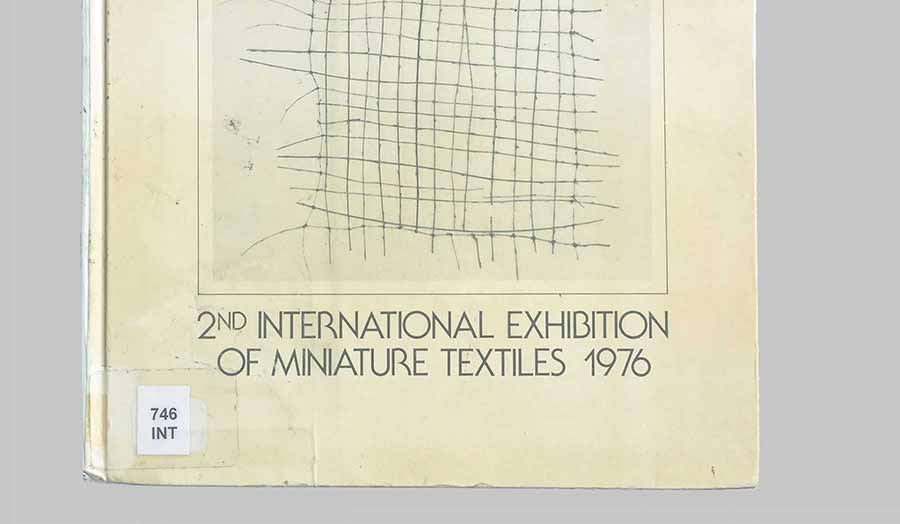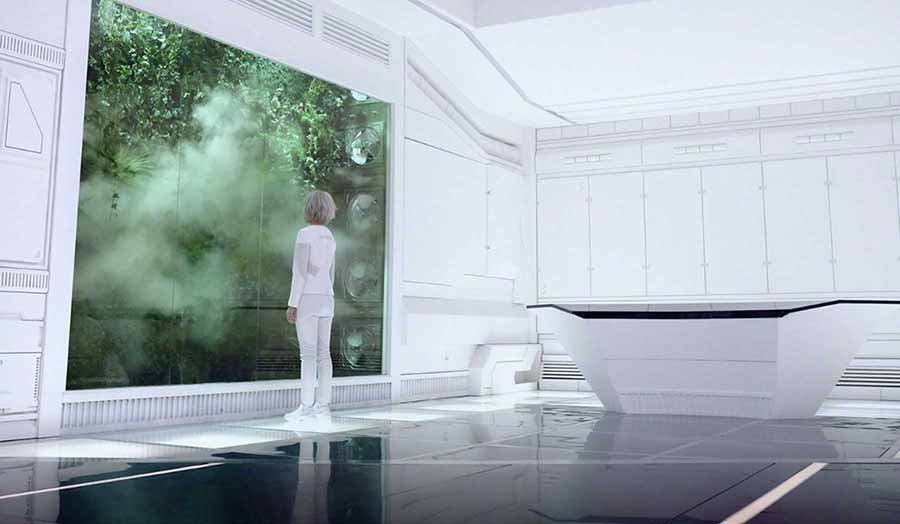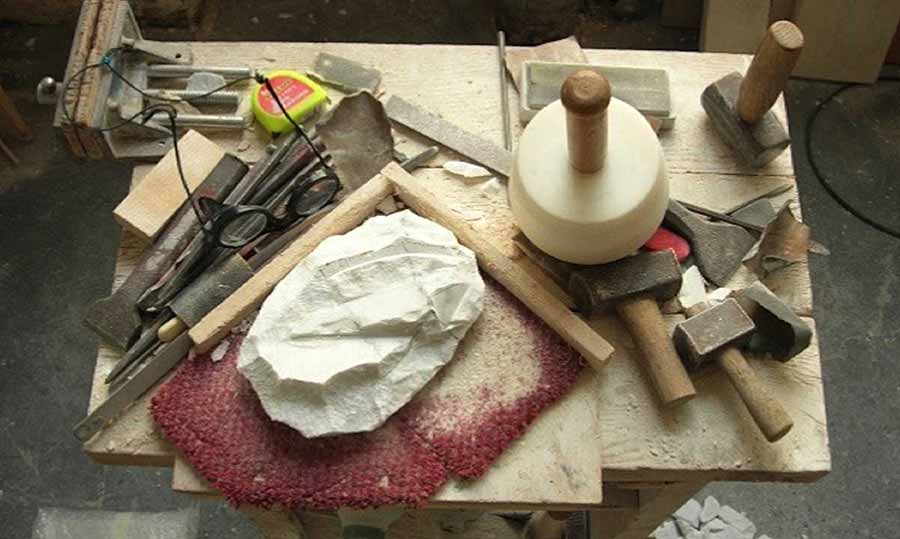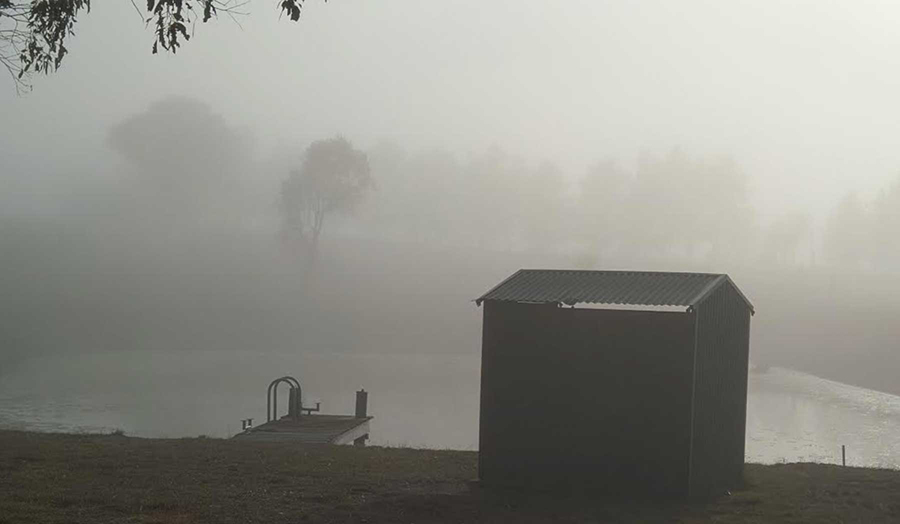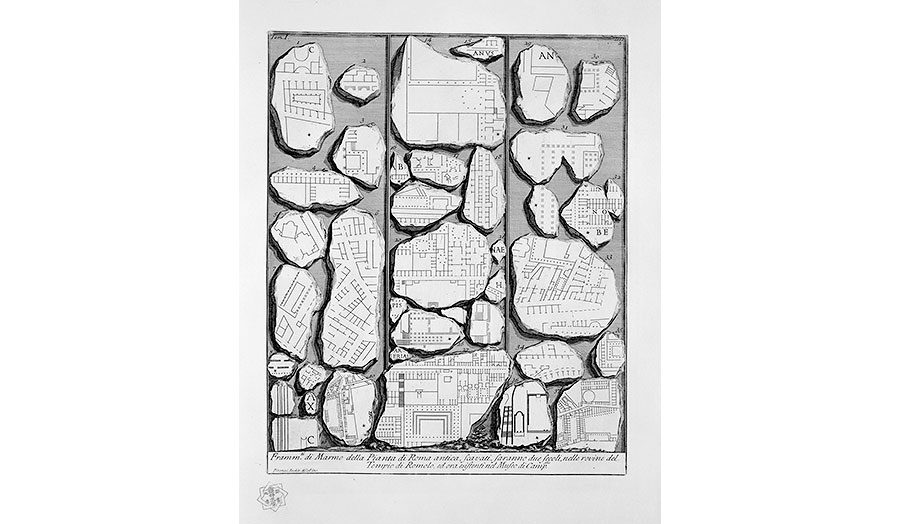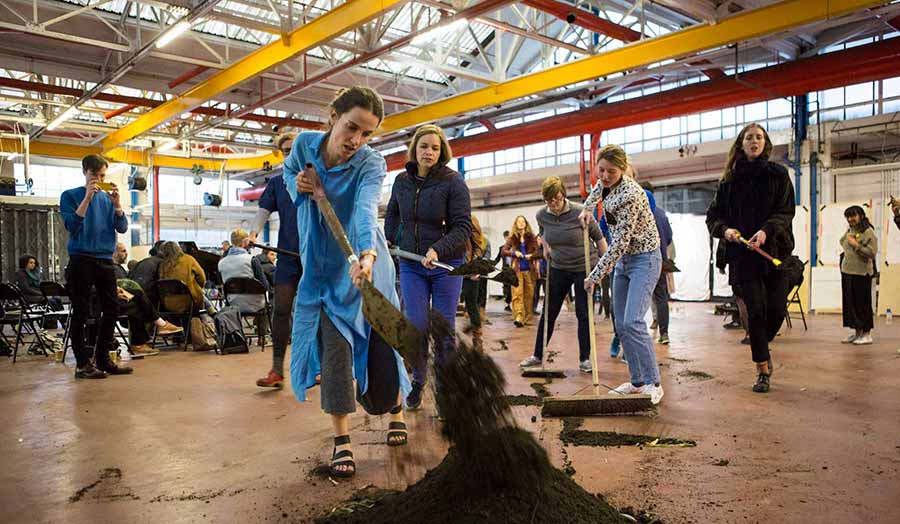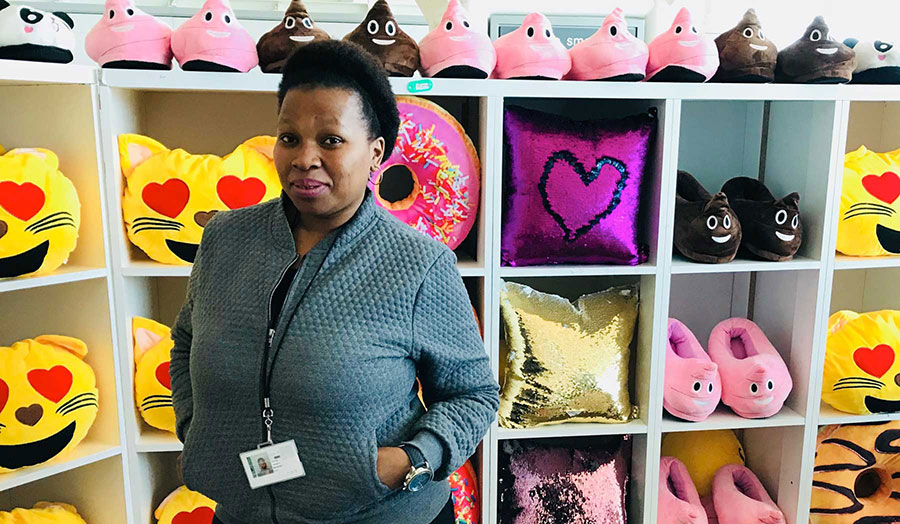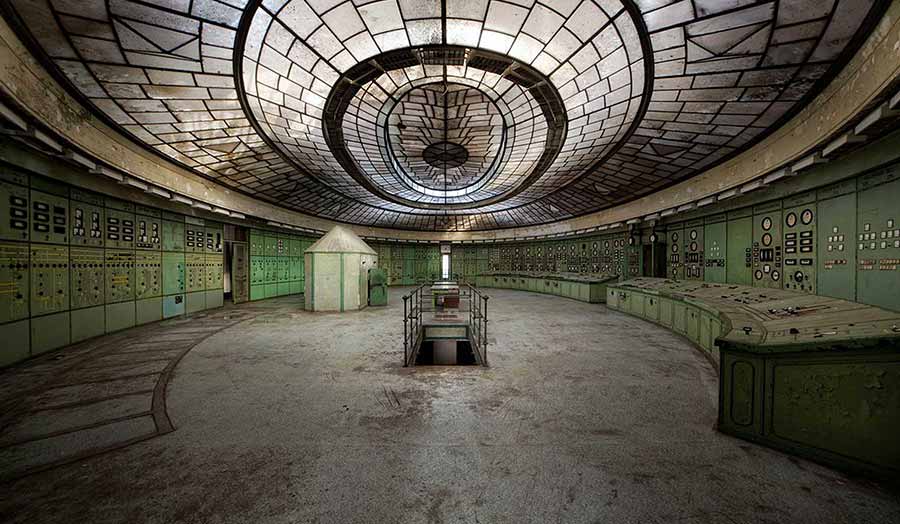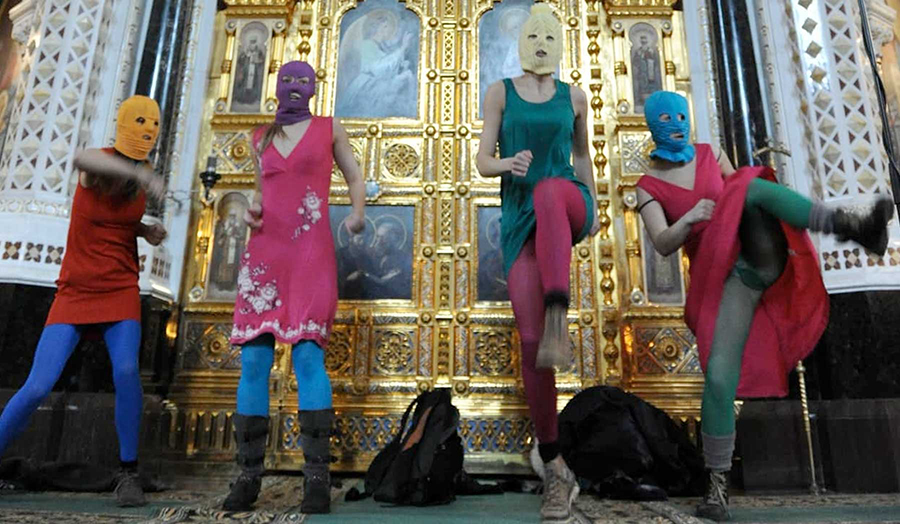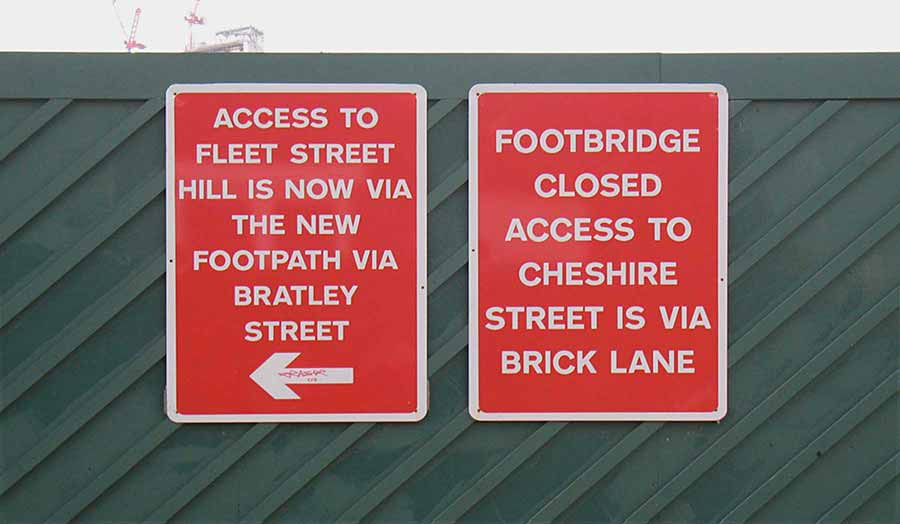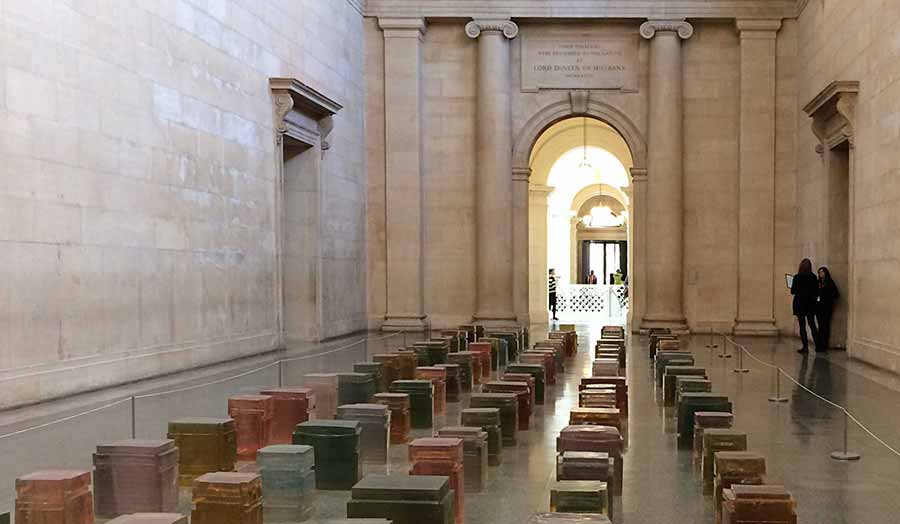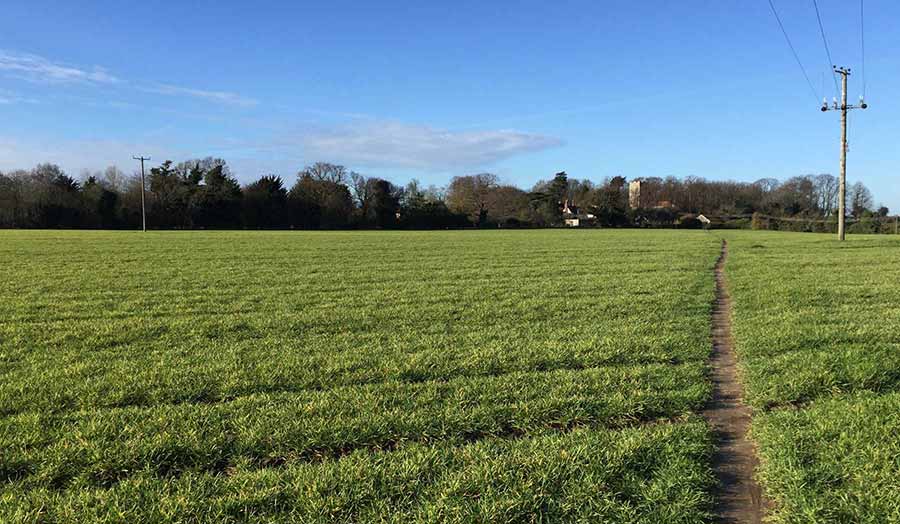Studio brief
The utopia of technology never quite arrived. In the 1960s, you often hear, we were promised flying cars, space settlements, robot butlers and the end of work. But then, curiously, the horizon of futurity diminished. The Space Age expressed a vertiginous sense of the changes to come. Thirty years later the dawning of the Internet Age expressed merely a deflated resignation to the end of history. The critic Frederic Jameson once said that it was "easier to imagine the End of the World than the End of Capitalism" — perhaps only through science fiction could we glimpse the hidden spaces beyond the prison of the everyday. But ironically, (and inevitably) as the End of the World has crept closer, our sense of futurity has returned. In the heat of another Anthropocene summer, you can survey an art, design and theory landscape obsessed with machine intelligence, delighting in speculation, conducting flâneurie in computer games, imagining marxism for lettuces, sketching programmes for geo-engineering, reflecting on the nature of the post-human.
The future is back, but it’s too early to say if that’s a good thing.
This studio is interested in futurity as a quality of all objects, images and texts. In a sense, all human works reveal an attitude towards whatever is to come – whether the return of Christ in glory, or the final victory of the Proletariat. They are open to reading as speculative – revealing a magnified – or distorted – image of the fears and desires of the present. The most interesting futures are often the ones that didn’t happen, but were meant to, and whose ghostly presence continues to hang over the present.
This year the studio will:
- read and talk about science fiction short stories as a way of exploring ideas about the future
- consider how the future may already be here – just not evenly distributed yet
- read an extract from an alien encyclopaedia and write some entries of our own
- ask how fictions might transform our reality
- think about utopia, dystopia and critical ambivalence as states of mind
- seek to connect design, fiction and theory as disciplines and practices
Suggested readings, resources and preparatory activities
- Watch Keiichi Matsuda’s film Hyperreality
- Look at Mario Klingemann’s Neurography
- Read Alan Moore’s short comic Dr Dibworthy’s Disappointing Day
- Watch Benjamin Bratton’s lecture Remarks on the Hole of Representation in Computer 'Vision’
- Read the Xeno-feminist Manifesto
- Listen to a podcast About Buildings + Cities – try episodes 3, 18, 20, 24, 35 or 39 for starters.
- Read Philip K Dick’s Foster, You’re Dead
- Watch Adam Curtis’s All Watched Over By Machines of Loving Grace and listen to the 99pi on Project CyberSYN
- Have fun on The Vault of the Atomic Space Age
- Play a computer game. Then try to write a description of what it was like (100 words or so) to an imagined friend who has never heard of one. Then read one of the studies on Heterotopias
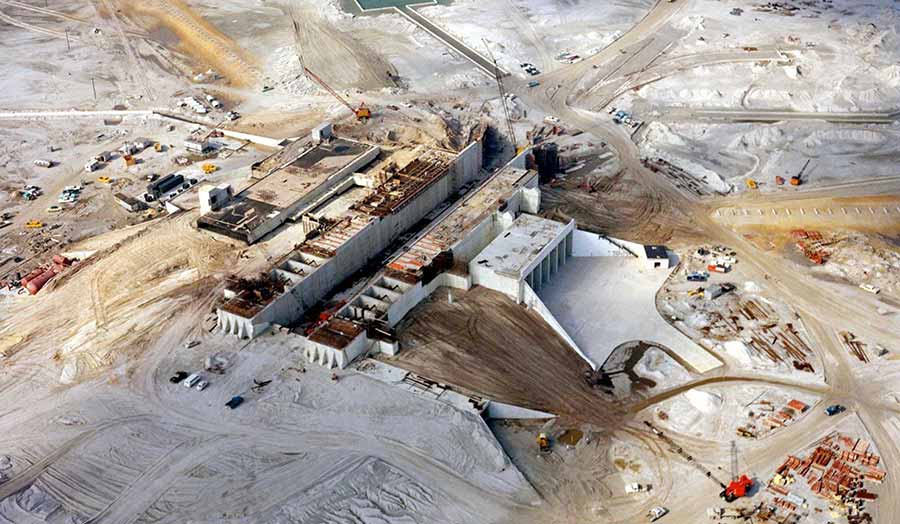
Details
| Tutor | Luke Jones |
|---|

